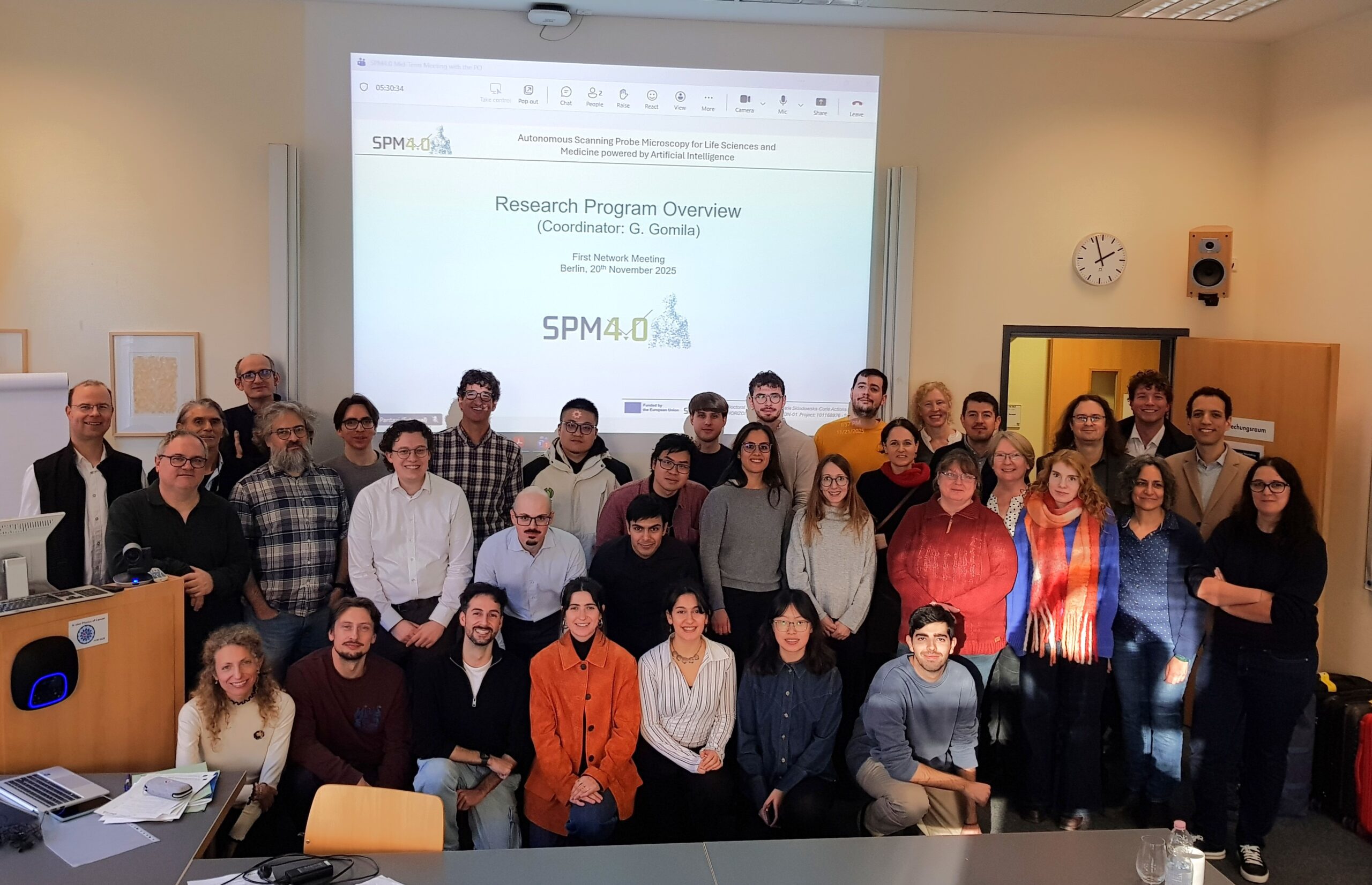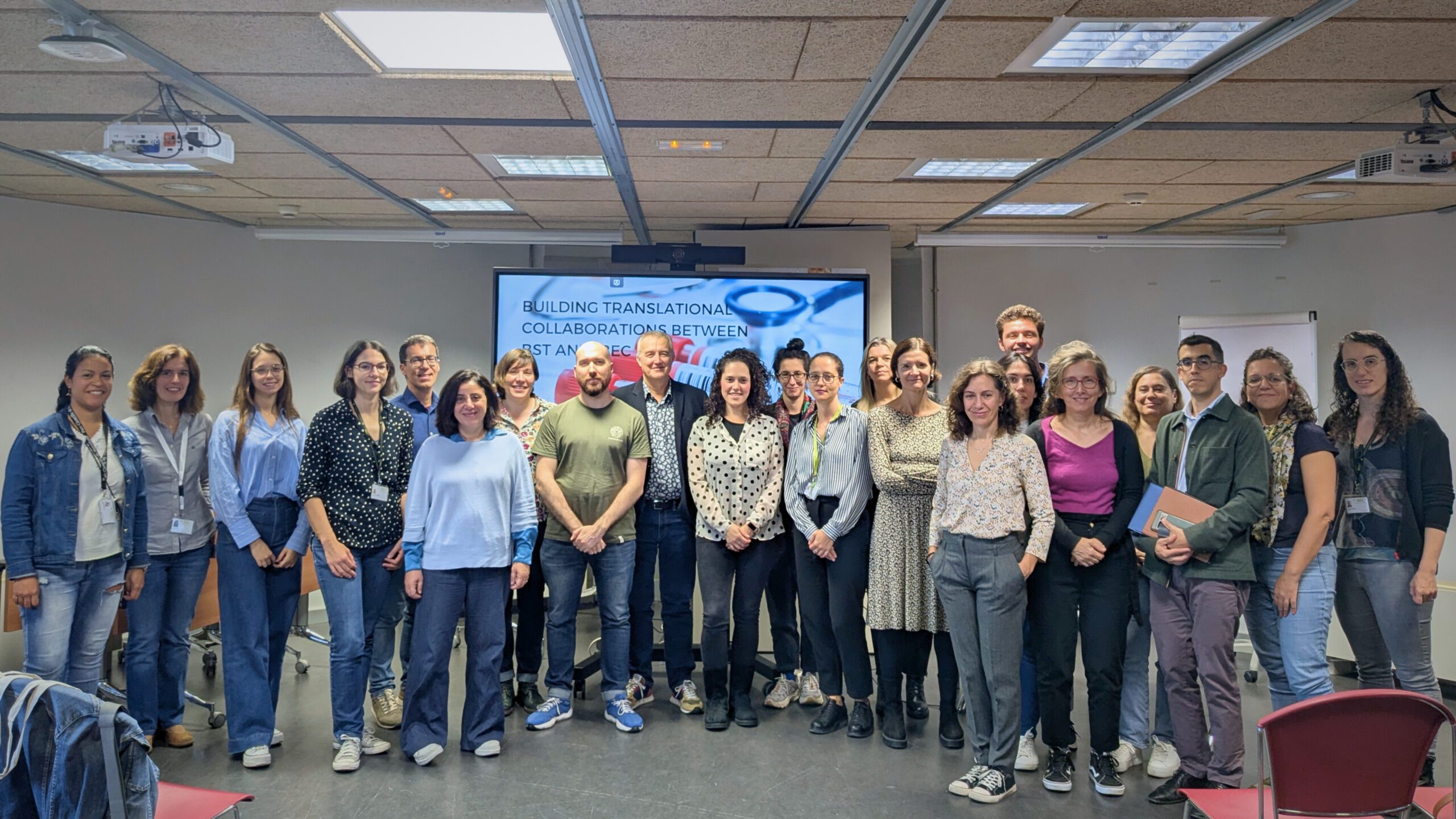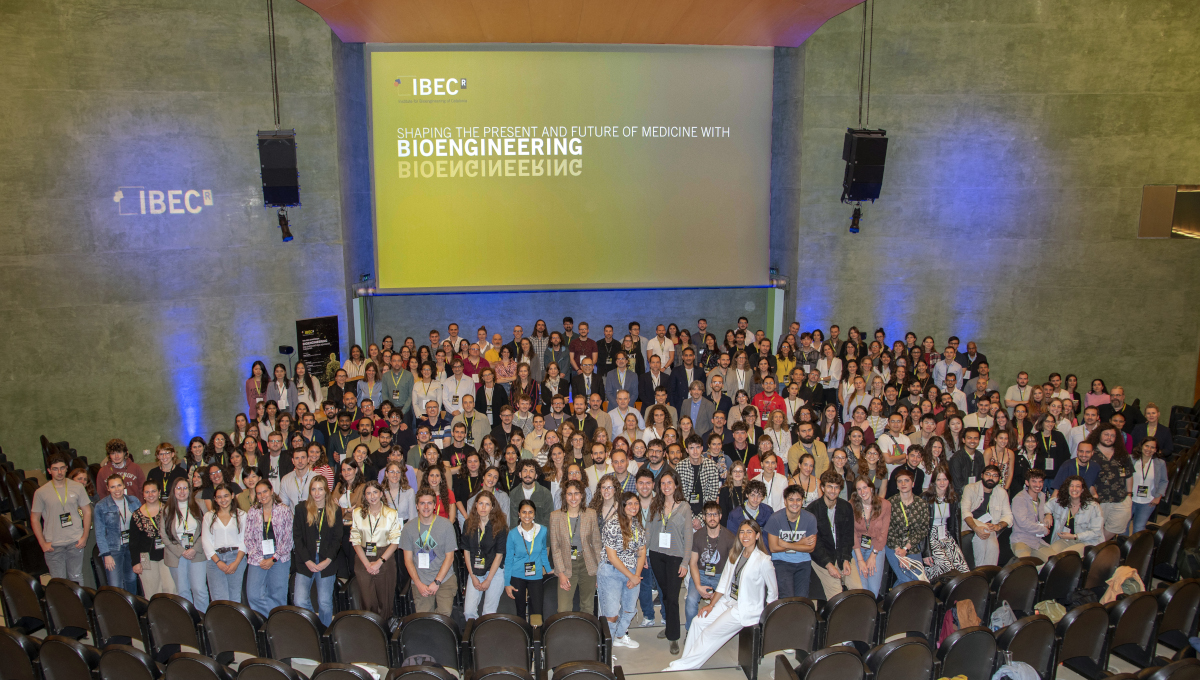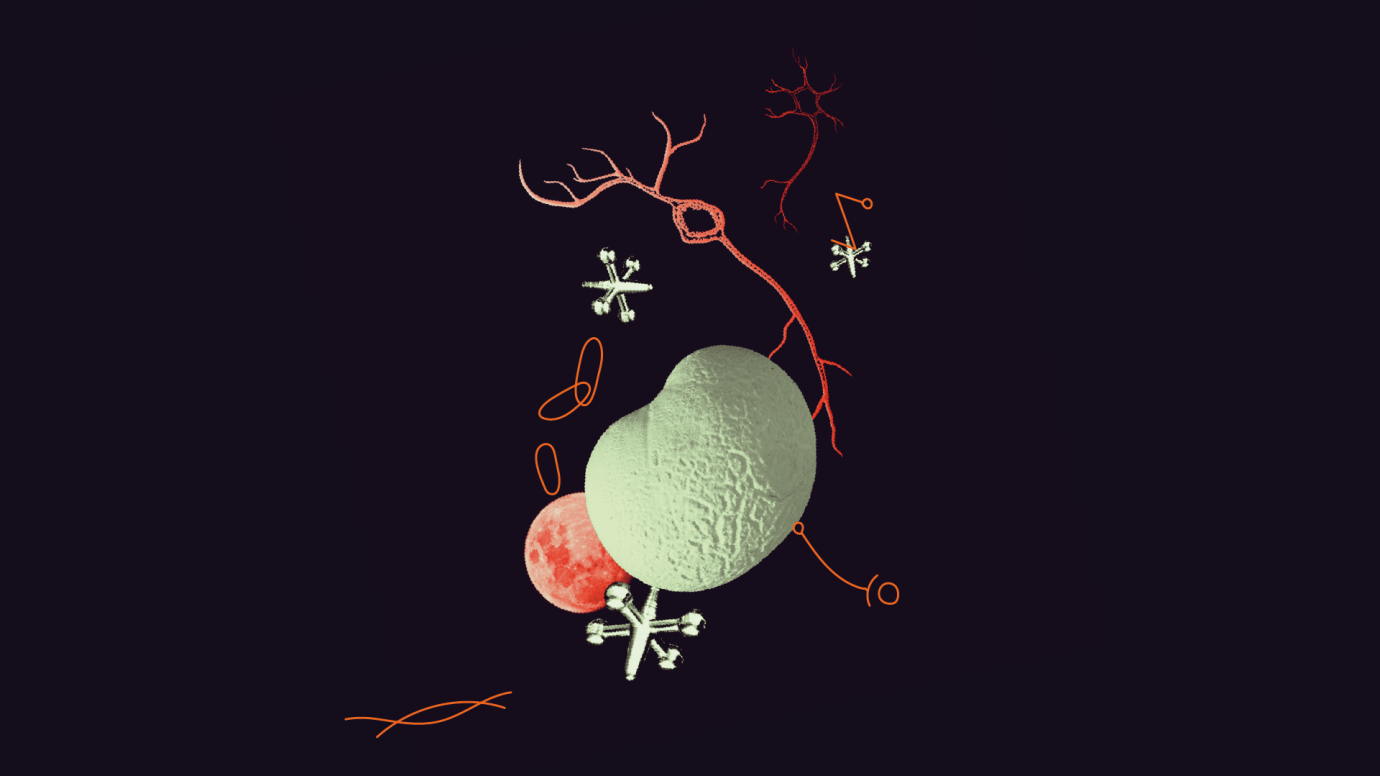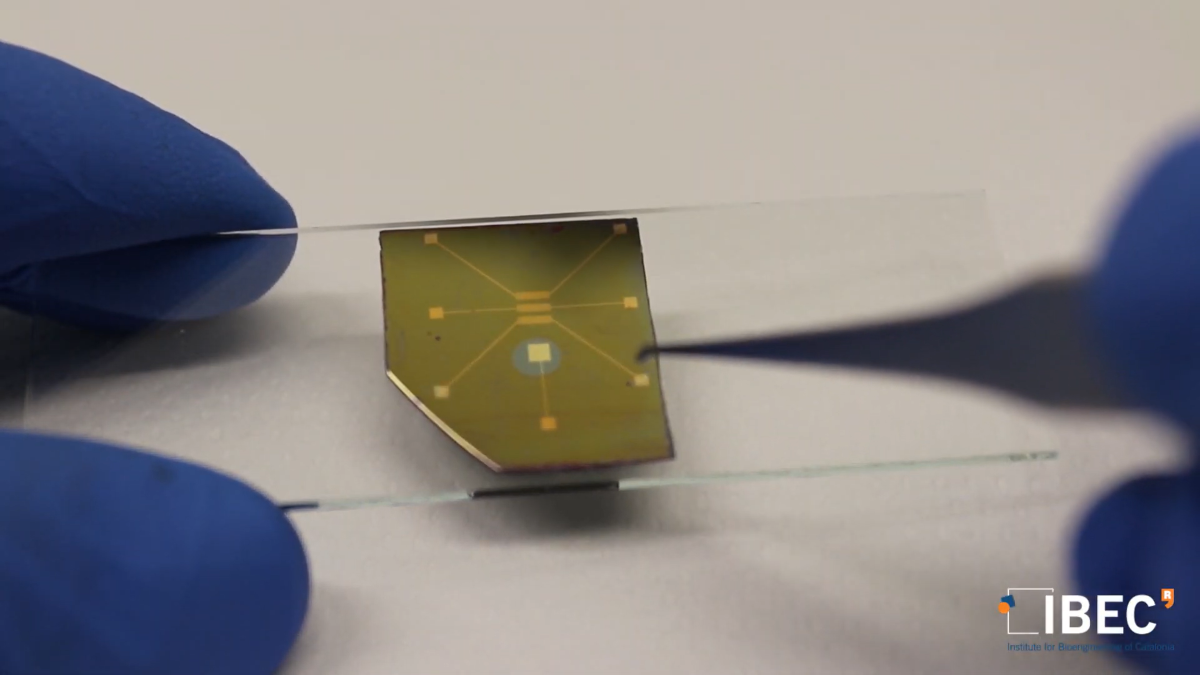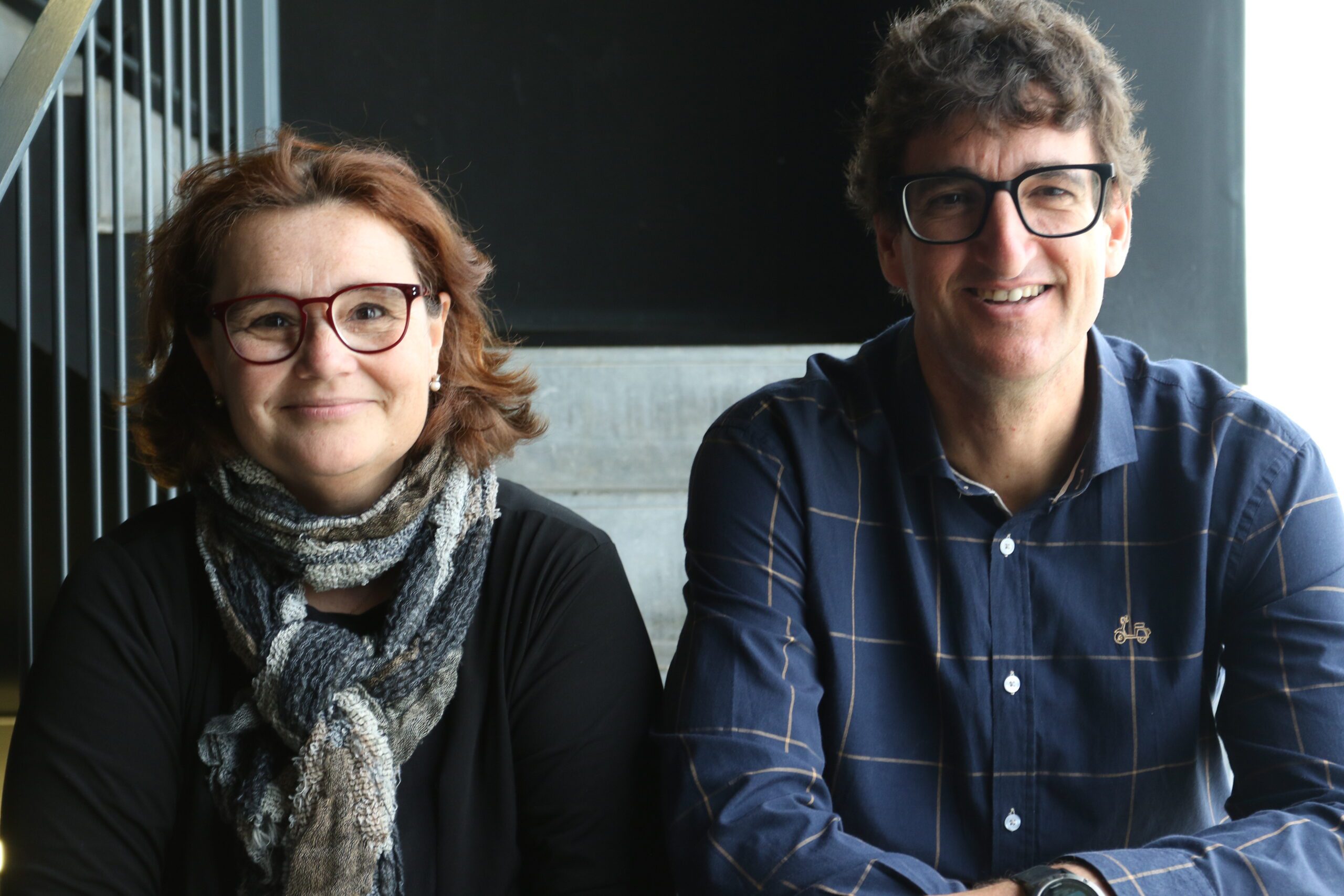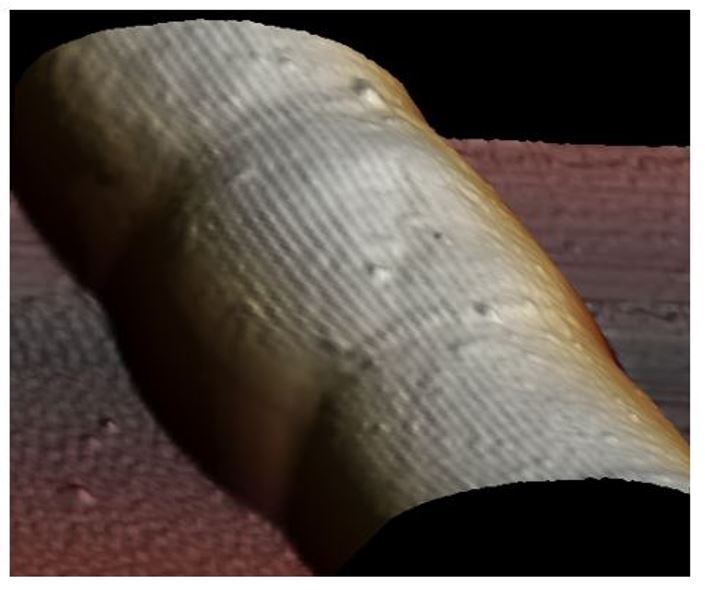Berlin Hosts the Mid-Term Meeting and First Workshop of the SPM4.0 Network coordinated by IBEC
The SPM4.0 consortium convened at Charité–Berlin for its first training workshop and mid-term meeting, reinforcing scientific collaboration and supporting the development of the project’s doctoral researchers. The sessions offered a comprehensive overview of ongoing scientific progress and future training activities. This milestone moment further strengthened coordination across the network and set the pace for upcoming project objectives.

